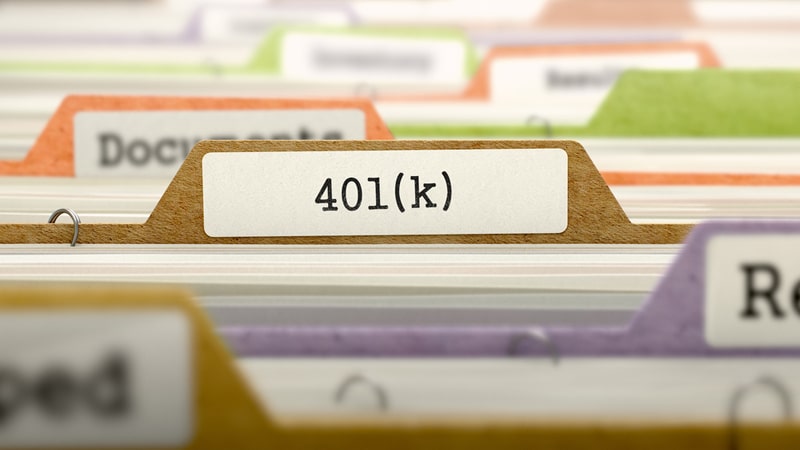Advice on Contributing to a 401(k)
A financial expert with Kiplinger's Personal Finance answers this question.

Q: If I “retire” from full-time work but continue with the same employer part-time, can I still contribute to my company’s 401(k), or do I have to stop at age 70 1/2? Also, can I avoid having to take RMDs at age 70 1/2 because I’m still working there, or do I need to work a certain number of hours to qualify?
A: Employers can’t prevent employees from participating in their 401(k)s just because they reach a certain age, so you should be able to contribute even after age 70 1/2 if you qualify otherwise. However, some employers let part-time workers participate in their 401(k)s while others do not, and the number of hours required to be eligible can vary by employer, too, says Keith McGurrin, a certified financial planner with T. Rowe Price.
If you are working enough hours to participate, you can still make contributions and may also be able to delay taking RMDs — although those rules vary by plan, too. “Some employees who continue working at their employer past age 70 1/2 find themselves eligible to continue making plan contributions but also having to take RMDs at the same time,” says McGurrin. If your employer doesn’t permit part-time workers to participate in the plan, you will need to start taking your required minimum distributions at age 70 1/2.
If you switch to working as a consultant and are considered a self-employed independent contractor rather than an employee, you usually won’t be eligible to contribute to the employer’s 401(k) and you’d have to start taking RMDs from the plan at age 70 1/2. Self-employed people can contribute to a solo 401(k) at any age, but you will have to start taking RMDs from the solo 401(k) at age 70 1/2, too. The reason: You can’t delay taking RMDs even while working if you own more than 5 percent of the company.
Whether or not you’re still working, you’ll need to start taking RMDs from your traditional IRAs after you turn 70 1/2. You can’t make new contributions to traditional IRAs after age 70 1/2, but you can contribute to a Roth IRA at any age if you have earned income from a job.
Kimberly Lankford is a contributing editor to Kiplinger’s Personal Finance magazine. Send your questions and comments to moneypower@kiplinger.com. And for more on this and similar money topics, visit Kiplinger.com.
(c) 2016 Kiplinger’s Personal Finance; Distributed by Tribune Content Agency, LLC.


